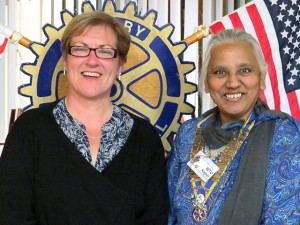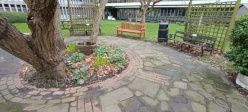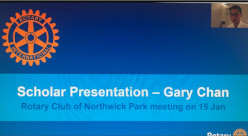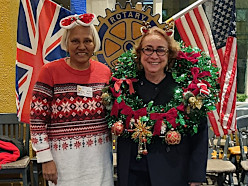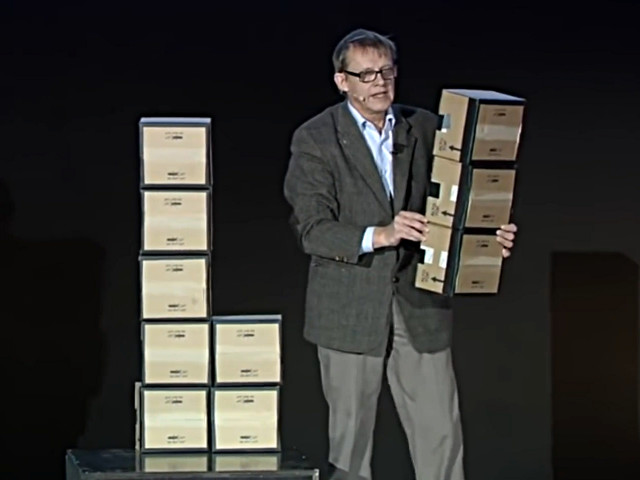
Our meeting on 04 March 2020 featured a speaker, Professor Hans Rosling of the Karolinska Institute in Sweden, who sadly passed away in 2017. But before we heard from him, there were reports on Members suffering ill-health, a visit to Hounslow for a Youth Speaks competition, a contact with a Canadian Rotarian who visited the club in July 2012, various dementia club activities including a new club in Mill Hill, the visit to St Mark’s Hospital and the Youth Makes Music Concert. There was also an update on our Stroke Awareness Day taking place on 16 May 2020 at Morrisons in Hatch End.
We then moved on to the main topic, presented by Dick Nathan on behalf of Prof. Hans Rosling, using two videos from TED Talks with some supporting PowerPoint slides. The entertaining talk was divided into two parts: firstly the relationship between religion and the number of children per family, and secondly why so few people seem to know what is going on.
It was clear from the analysis presented by Prof. Rosling that religion is not a factor in determining the number of children per family. What does determine the number of children per family is children surviving, children completing education rather than working, women being able to access the same education as men, women postponing marriage and women being able to join the workforce. Using the Trendalyser software (https://www.gapminder.org/tools-offline/), Prof. Rosling demonstrated with several examples that religion does not determine population and does not determine children per family.
Prof. Rosling then went on to demonstrate how population growth is likely to stop, and to assess the level of knowledge about population growth in academic institutions, in governments, in the media, in his own country – Sweden – and in a Chimpanzee family in Berlin Zoo. Needless to say, the Chimpanzees did better (with random answers) than many of the other categories of respondents!
If we wish to preserve our planet for future generations, we need to know where we are today – not with inaccurate media reports concentrating on sensationalism, but with accurate factual information. And as Prof. Rosling demonstrated, that information is in short supply. This was an important subject delivered with enthusiasm and humour.


